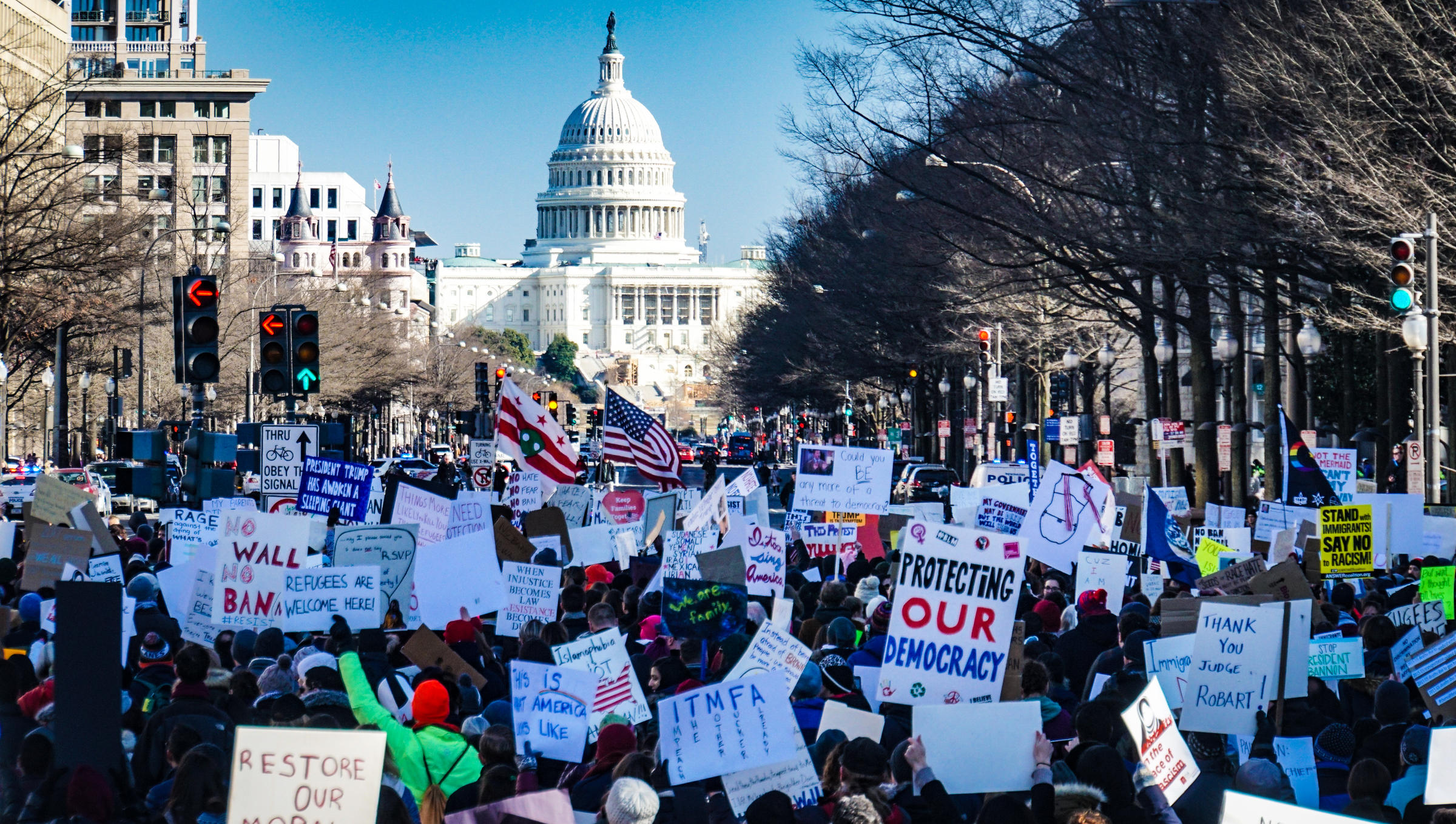Topics:
Search for topics or resources
Enter your search below and hit enter or click the search icon.
October 18th, 2006 | 1 min read

In the last couple of days I have read Augustine’s De Magistro or The Teacher, which concerns the nature of true learning. To give a clumsy paraphrase of the subtle dialogue with his son, Adeodatus, he argues that learning (all or only pertaining to divine things?) occurs because of the Teacher, Jesus Christ.
Jonathan Edwards argues in his sermon A Divine and Supernatural Light that God will, from time to time, provide a child of His with a flash of insight and understanding of divine things. He uses as his text Matthew 16:17 where Peter confesses Christ and Jesus answers that he is blessed because the Father in heaven has revealed it to him. Peter, here, Edwards argues, has a “sense” of the divine excellency that overpowers him, couples with his reason and zeal and causes him to burst forth in his accurate confession. Edwards carefully delineates that it is not the faculty of reason but the sense of the heart that receives this divine light. However, he also demonstrates that this light does not overrule reason – in fact, it is a rational thing to experience.
I haven’t fully developed my thoughts on this matter. Though from my recent reading of Christian biographies, experiences of the light of God by those excellent theologians, Augustine and Edwards, occur with powerful, painful, and life-changing effect. I think Augustine isn’t careful enough in The Teacher, as it was one of his earlier writings, to separate the faculty of reason from the intuition or “heart” as Edwards puts it. I look forward to developing my understanding on the topic, and welcome comments that would guide such study or would direct me to other sources.
Matthew Lee Anderson is an Associate Professor of Ethics and Theology in Baylor University's Honors College. He has a D.Phil. in Christian Ethics from Oxford University, and is a Perpetual Member of Biola University's Torrey Honors College. In 2005, he founded Mere Orthodoxy.
Topics: